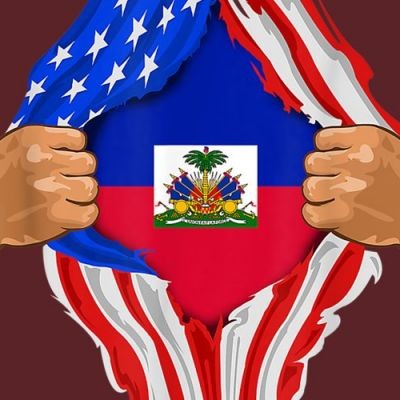Antislavery and the Isolation of Haiti, 1804-1862
In recent years, the world has increasingly witnessed international conflict along ideological fault lines. Western policymakers warn that authoritarian countries like Russia and China are seeking to exploit divisions within democratic societies to promote autocratic tendencies, while for decades, authoritarian countries have accused the West of doing the same—of manufacturing domestic uprisings as a way to force liberalism upon them. While history is filled with examples of conflicts along these types of ideological lines, there is little consensus among scholars or policymakers about whether states’ governing ideologies matter for their foreign policy behavior and if they do, why.
This presentation will focus in on British and U.S. reactions to the Haitian Revolution to advance our understanding of the relationship between ideology and international conflict. I show that Britain and the United States both initially isolated Haiti due to fears that the Haitians would promote or otherwise inspire the spread of slave rebellions throughout the Caribbean and U.S. South. However, after outlawing slavery in its colonies, Britain’s foreign policy towards Haiti quickly diverged from that of the United States. Britain formally ended its regime dispute with Haiti, deepened its economic links with the country, and even began cooperation with Haitian leaders to police the Atlantic slave trade. Taken together, the case strongly suggests that British and U.S ideological stance on slavery was a primary source of their disputes with the Haitian regime.





















